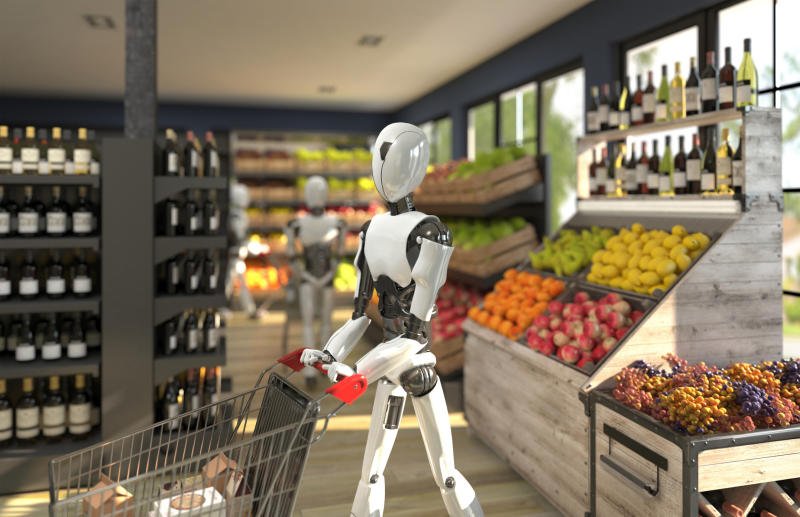×
The Standard e-Paper
Home To Bold Columnists

In a demonstration video of how e-commerce will look like in the not-so-distance future, a customer running low on kitchen supplies gets a notification on their smart phone of a delivery.
At the door, a drone drops off a package of fresh groceries carefully selected to match their preferences and replenish the ones that are running low.







